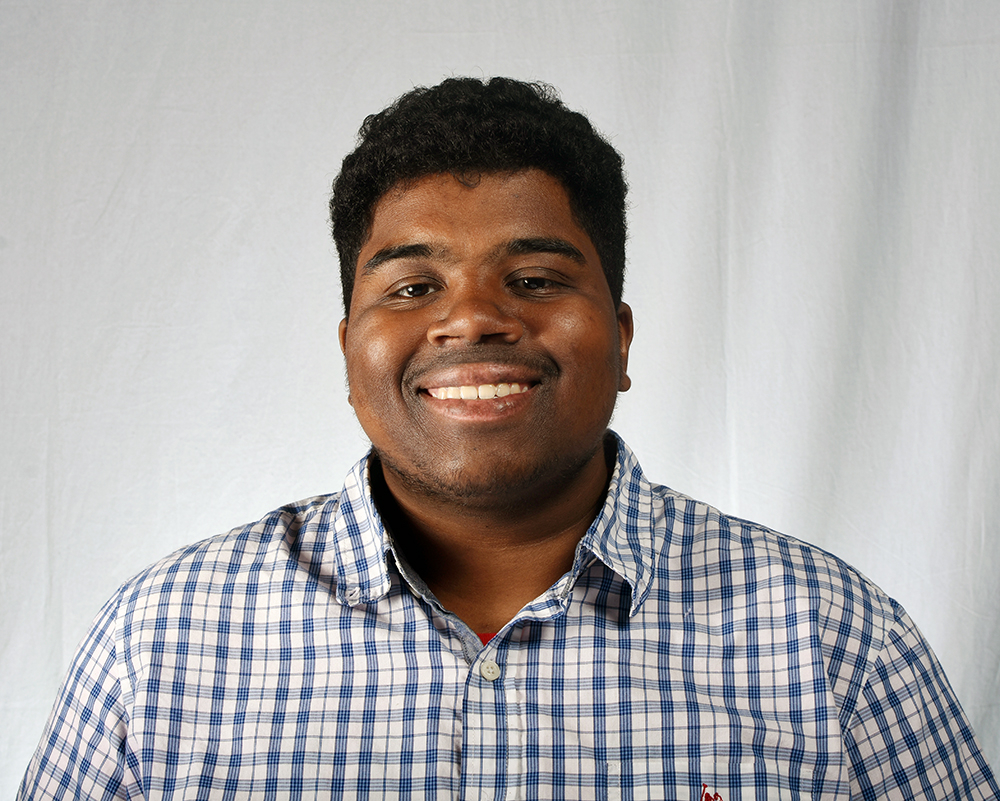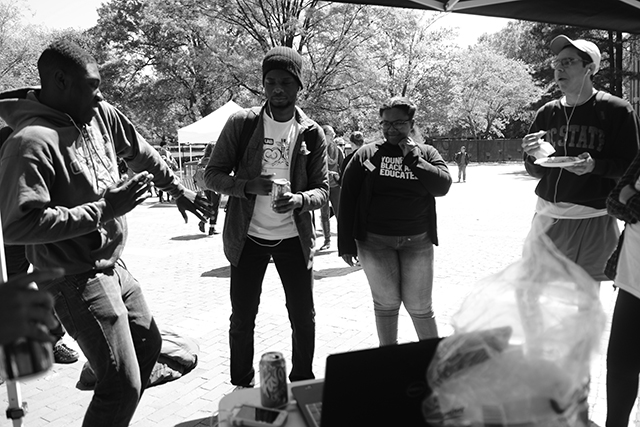Shawn Fredericks | Staff Writer
Black people are divided. Although it is often seen as taboo to air out certain problems within the black community, these issues must be discussed and unpacked. One of the most pressing issues affecting the black community is classism, and it is alive and well on college campuses.
America’s class divisions are nothing new. Social class has been an expansive divider in America between those who could own property and the means of production and those who could not. These class issues have a historical context in which black people were economically marginalized based on slavery and the Jim Crow laws.
Today, that looks different. Because of affirmative action policies and historically black colleges and universities building the black middle class, there is a newfound prosperity that the overall black community is enjoying. However, this prosperity is not universal. For people on the lower ends of American society—the poor and black—not much has changed.
Currently, there are now two different black Americans: the privileged and the underprivileged. The privileged are the middle and upper classes and the underprivileged are the lower class. This dynamic is also on college campuses, especially PWIs, where most of the black people who attend these universities are privileged. And this is not just me speculating; a study conducted in 2017 by the Education Trust titled “A Look at Black Student Success” reported that more low-income black students graduate from HBCUs than white colleges.
The study also found that roughly half of the 105 HBCUs that were surveyed had a freshman class in which three-quarters of the students were from low-income backgrounds, while one percent of the 676 non-HBCUs surveyed had a high percentage of low-income students.
These numbers should not be shocking. HBCUs have long dealt with the stigma of serving poor students. HBCUs have constantly had to deal with the questioning of the quality of education they provide because of their student population. This is not me endorsing HBCUs, but noting the disparity in class among black populations attending PWIs.
Simply put, black students at PWIs are not usually from the struggle. Poor people are often not welcomed at these institutions. The population at PWIs is representative of a privileged class in the black community—a class that is separate from the poor people.
Kallyn Tall, a third-year student studying social work, reflected on how this divide affects students of color: “I think students of color feel this divide to a severe degree. They already do not experience privilege by being a minority. So to have finances be an issue is another thing added to the list, in which it does not allow for students to feel included and that they can relate to their peers. I do not think that is something you judge someone by.”
“I believe we are all at a stage in our life because of a series of events that have happened to us,” said Tall.
When I first came to NC State, being someone from a poor background and having grown up in Durham, NC, NC State was a culture shock—not just because of the predominantly white campus culture, but because of the black population.
The black people were of very privileged backgrounds I could not relate to and different from the black people I grew up with. They went to predominantly white high schools and struggled with feeling black while I came from predominantly black institutions and was secure with my blackness. They were not from working class families, did not have the same mentality and were very immature about the ways of the world, such as the harsh realities of people from poverty, making me feel even more isolated on this campus. Most of my peers that I have interacted with had the privilege of attending good schools, having relatively stable family situations and, above all else, growing up in safe, white suburban neighborhoods.
I do not mean to disparage anyone or look down upon anyone’s struggles because even with all these privileges, we face different hardships in different ways. As a study by Bhashkar Mazumder of the Federal Reserve Bank of Chicago has found in “Black-White Differences in Intergenerational Economic Mobility in the United States,” being born into a black middle-class family does not mean you stay there; in fact, you are at a greater risk of slipping into poverty than other people.
However, this does not change the fact that many black people who go to PWIs are privileged and that the struggles of poor students of color like me are not seen. I am never one to complain about hardships, so do not pity me or any other student from this type of background. But people of privilege should understand their positionality and use that privilege for the benefit of others.
How about you own up to your own privilege and lend a helping hand to the beautiful ghetto butterflies trying to make it out of the jungle that is poverty.
Class should not divide the black community. It should motivate us to come together, but that will not happen until the privileged people understand their position and leverage it to make universities more accessible to poor black students. Propose campus programming on the issues of economic justice in communities of color and start building a bridge with black students at HBCUs and PWIs.




